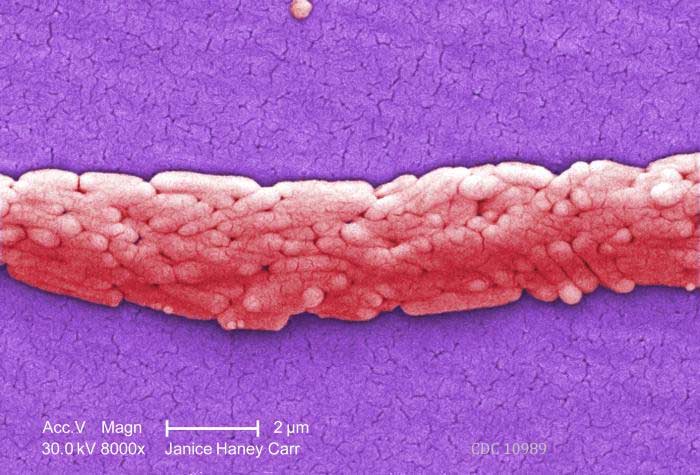Heading off to college is an exciting time, full of changes, challenges, and new experiences. It is often an individual’s first opportunity to exhibit complete autonomy in food choices, where to eat, when, and what.
Pritzker Hageman is a national law firm specializing in food safety.
Check out this list of food safety FAQs for college students.
Can I eat pizza that’s been left out overnight?
No, unfortunately. Perishable food is not safe for consumption if left out of the refrigerator for more than 2 hours. Even cheese pizza, or other cooked vegetarian dishes can harbor dangerous bacteria. The USDA promotes the rule of thumb, keep HOT foods hot and COLD foods cold. It is important to keep food out of the “Danger Zone,” a temperature range of 40°F – 140°F, that is prime for bacterial growth.
We are grilling out for a tailgate, is there anything special about safe food preparation with a grill?
Grilling out is a great way to prepare food, and, when executed correctly, it is a safe and delicious way to enjoy many different foods, including burgers, steaks, hot dogs, and veggies. Recommended internal cooking temperatures for meat vary slightly. This is a list for foods commonly grilled. When grilling, remember that color is not an accurate way to assess temperature. Use a meat thermometer to make sure these foods are thoroughly cooked and safe to eat.
| Meat | Internal Temp. |
| Burgers | 160 °F |
| Brats & hot dogs | 160 °F |
| Chicken | 165 °F |
| Steak & Pork Chops | 145 °F |
A second important grill tip is remember the dangers of cross contamination. If using a a plate to transfer raw meat to the grill, use a new clean plate to transfer the cooked meat from the grill to the table.
I have seen people wash groceries, do I need to do that?
The United States Department of Agriculture (USDA) one of the nation’s governing food safety agencies, advises that consumers do not wash raw meats. People may think they are washing off the bacteria, but instead they are allowing it to spread to other foods and surfaces. Consumers do not need to wash eggs either, as washing is a routine part of commercial egg processing. People are encouraged to wash produce to remove dirt and grit. Rinsing fresh fruit and vegetables under cold running water is a safe way to clean them. Use a clean scrub brush on foods with tough skin, such as cantaloupe and apples.
If I buy all organic food that will keep me safe from foodborne illness, right?
Purchasing exclusively organic food will not protect you from foodborne bacteria. Food can become contaminated at several points during the farm to table cycle, and organic food is not immune to this contamination. Foodborne bacteria all derive from some degree of fecal contamination. In some instances the contamination occurs during the growing process, like this E.coli O157:H7 outbreak traced to feral pigs in the spinach fields. Other times the food becomes contaminated during the processing, through improper sanitizing of equipment, as was the case in 2015 Blue Bell Listeria outbreak.
How am I supposed to know what made me sick?
It is a common misconception that the last thing someone ate is what makes them sick. This is not true. Foodborne pathogens have differing incubation periods. An incubation period is the onset of time from when the contaminated food is ingested to when the person begins exhibiting symptoms. For some bugs, such as Salmonella, the incubation period is relatively short, about 6 to 48 hours. For other infections, such as Listeria, the incubation period can be several weeks or two months. This means that the last thing someone ate is not always the source of the food poisoning.

If I do get sick what is my next step?
Foodborne illnesses can be very serious, cause life long complications, and even result in death. If you are sick it is important to get the help you need. A doctor will be able to perform a stool culture and determine if your illness is connected to a widespread outbreak. Medical providers must report foodborne illnesses to state and federal health departments. Still have questions? Contact our firm toll-free at 1-888-377-8900 to speak with one of our food poisoning lawyers.
Find more information with our food safety resource list.